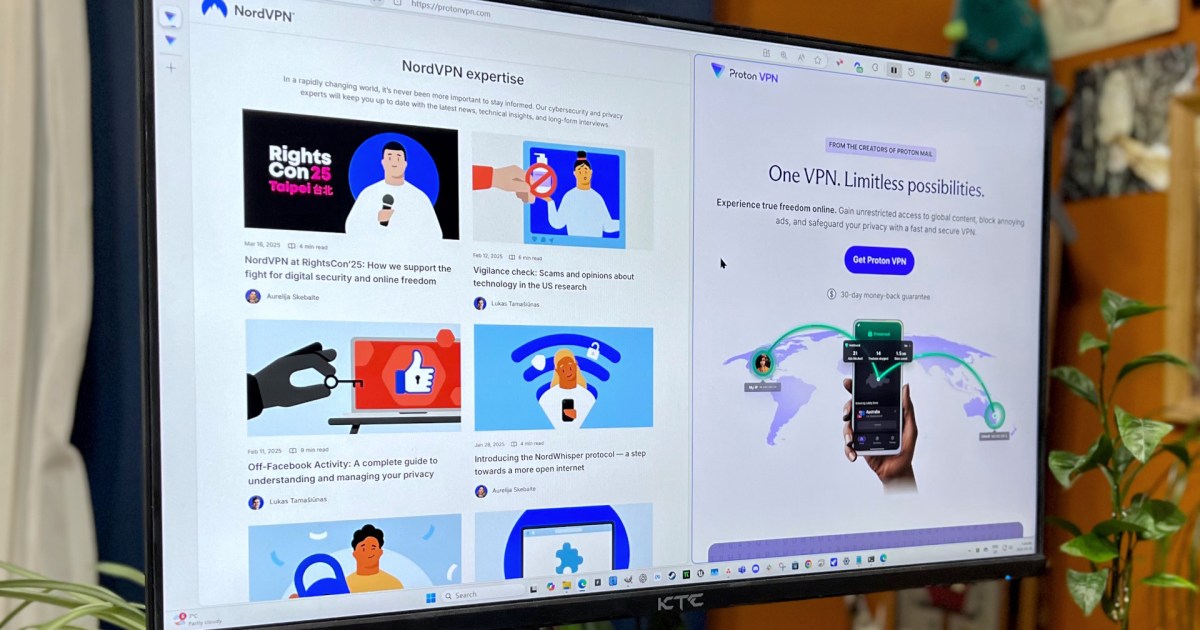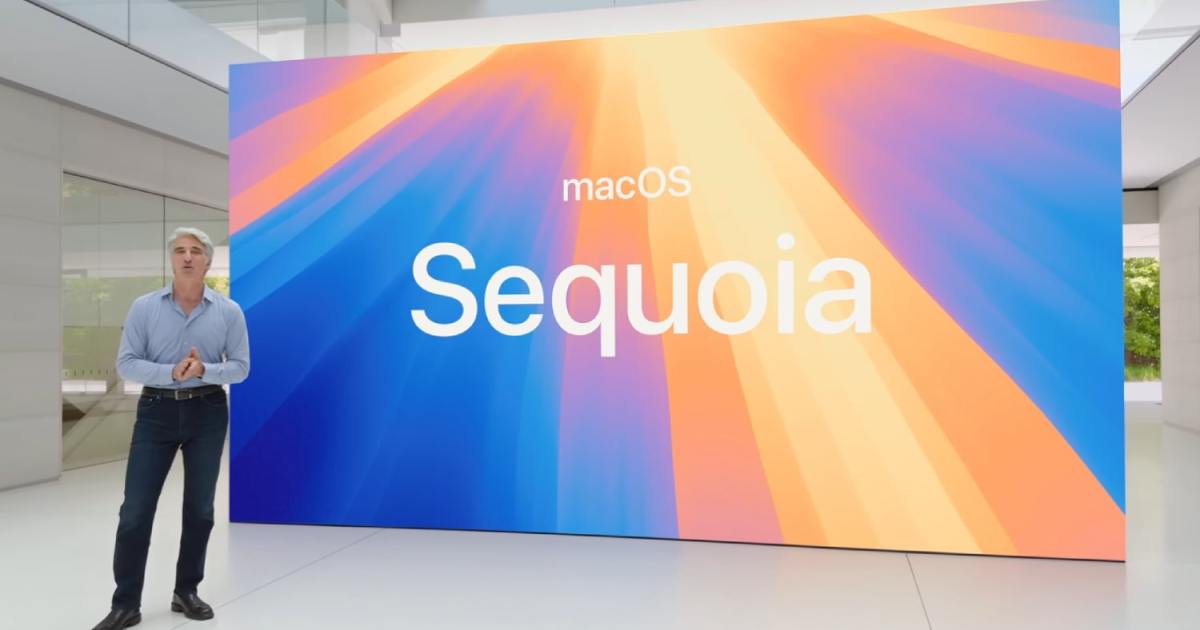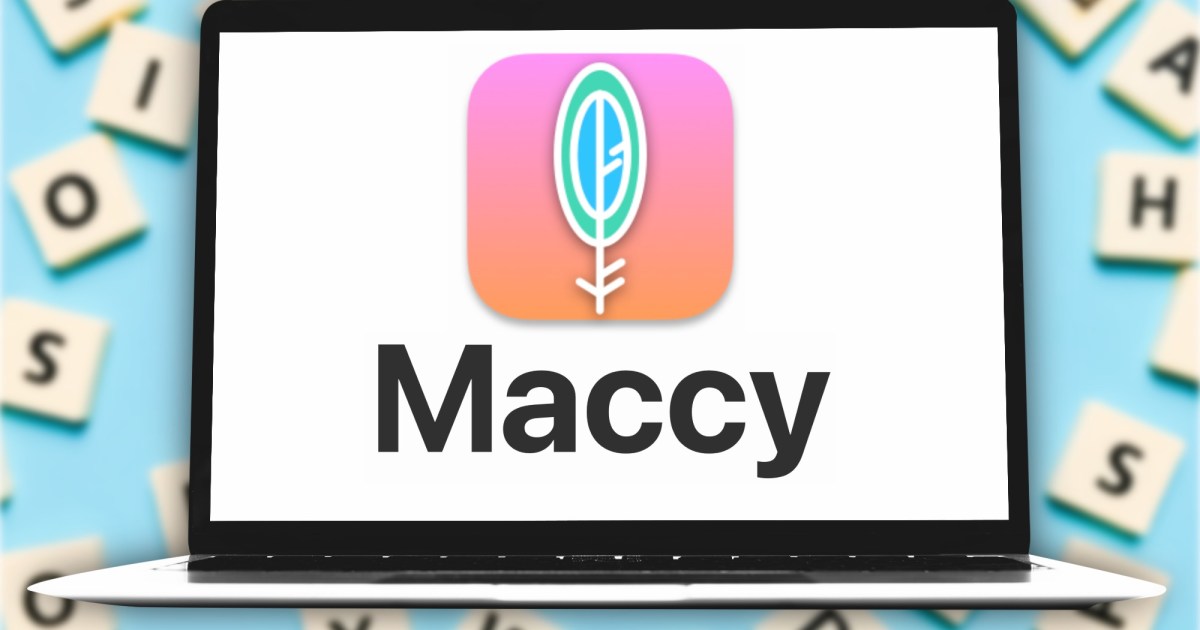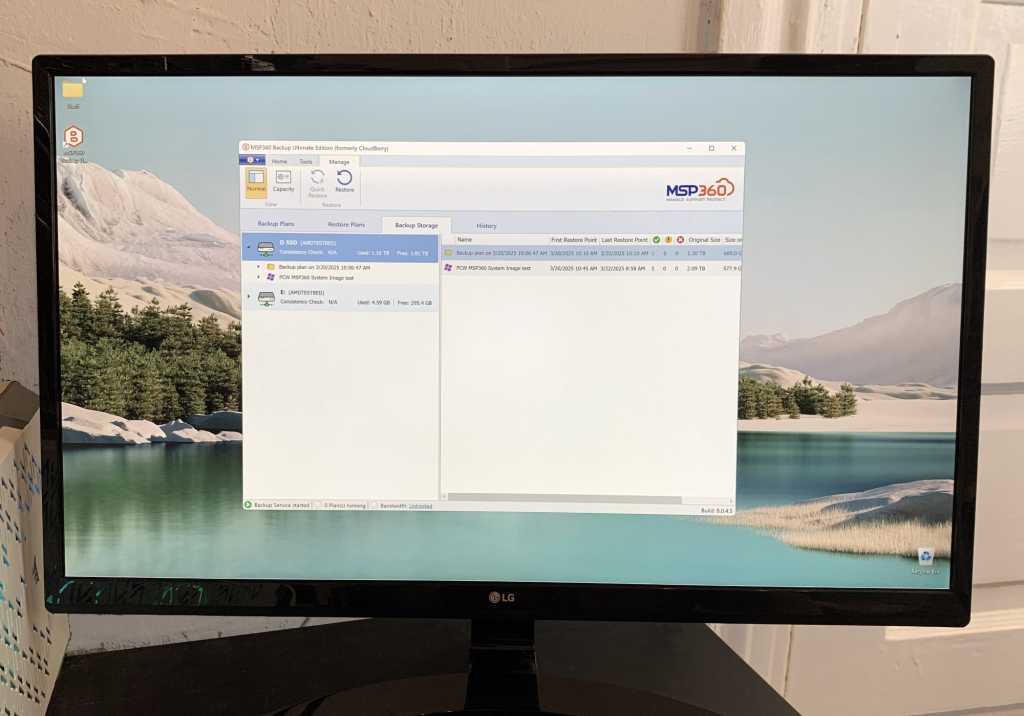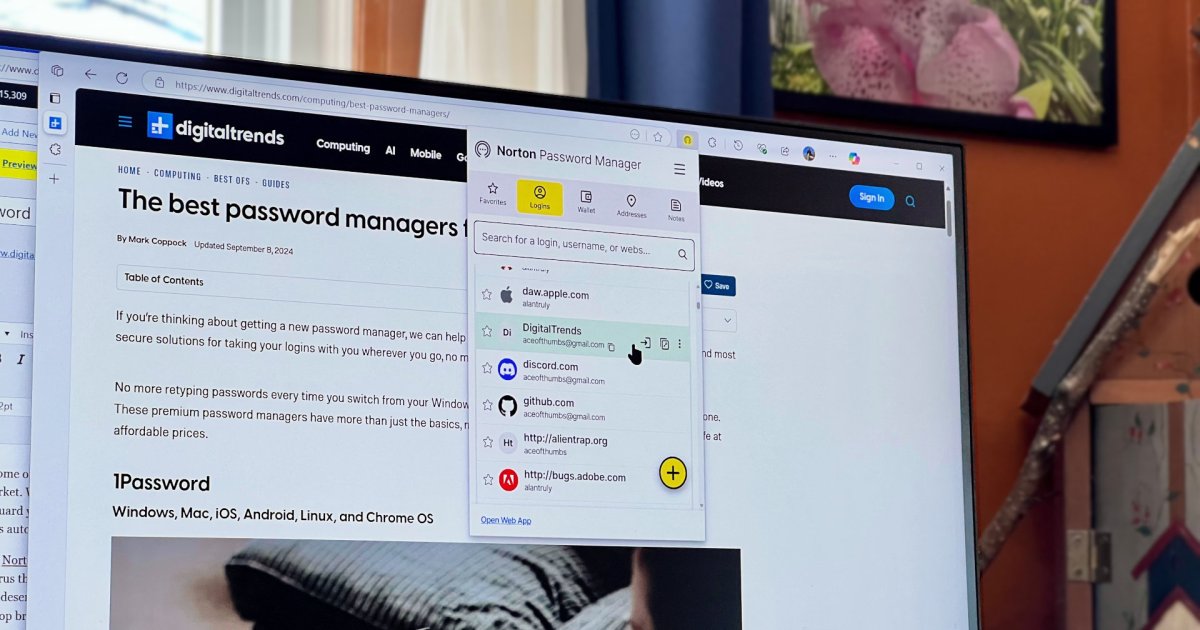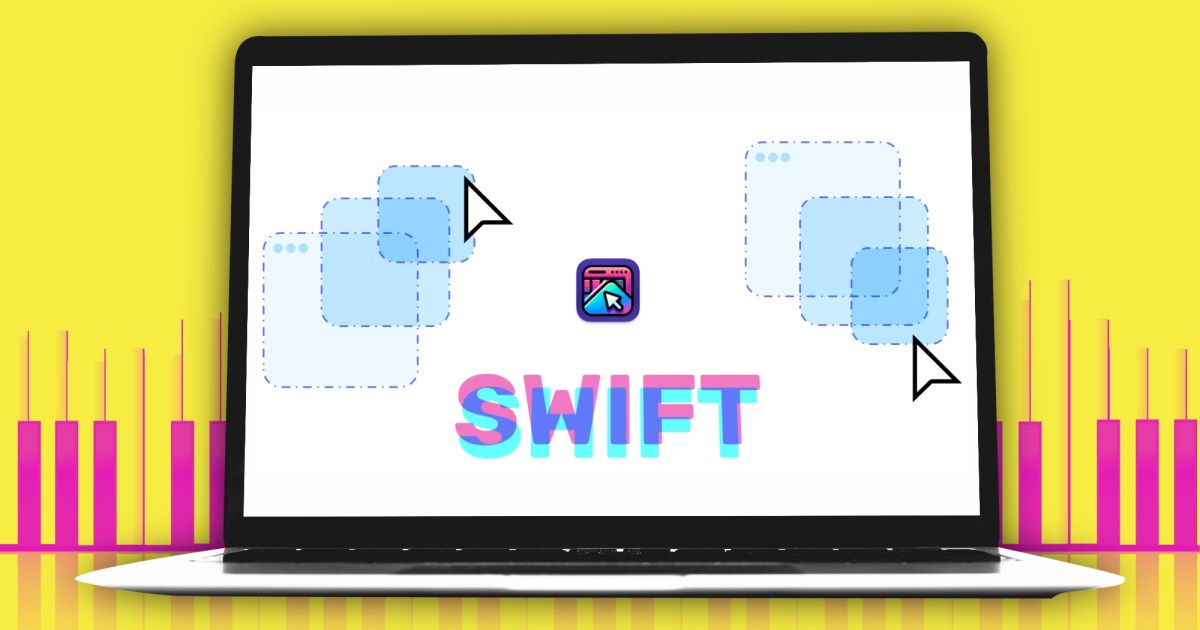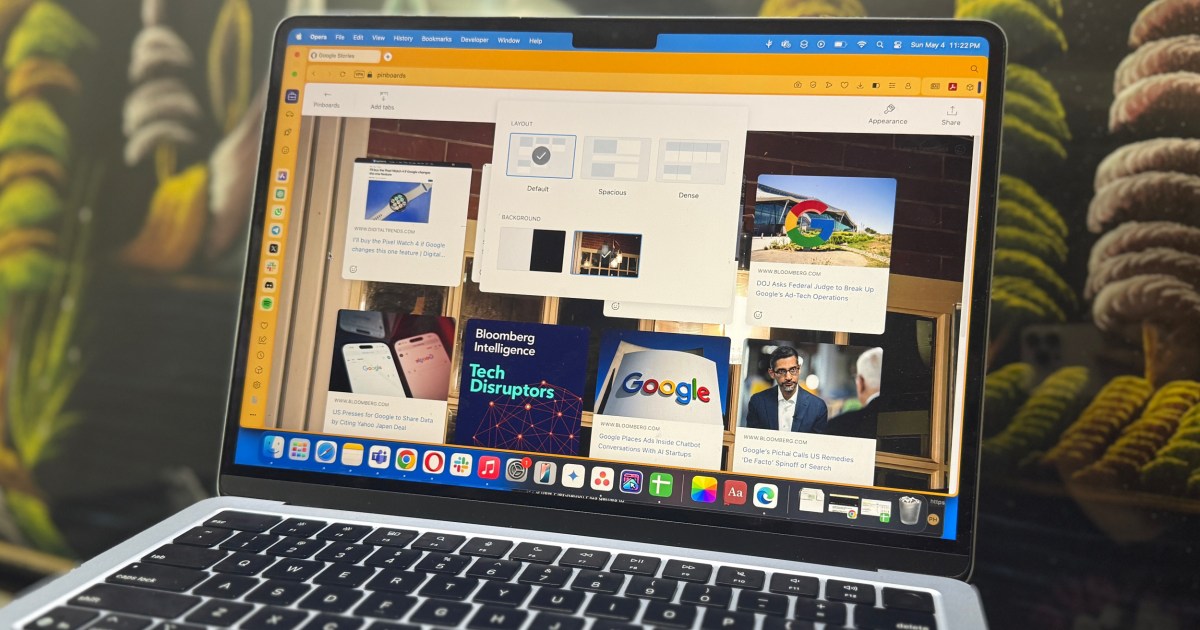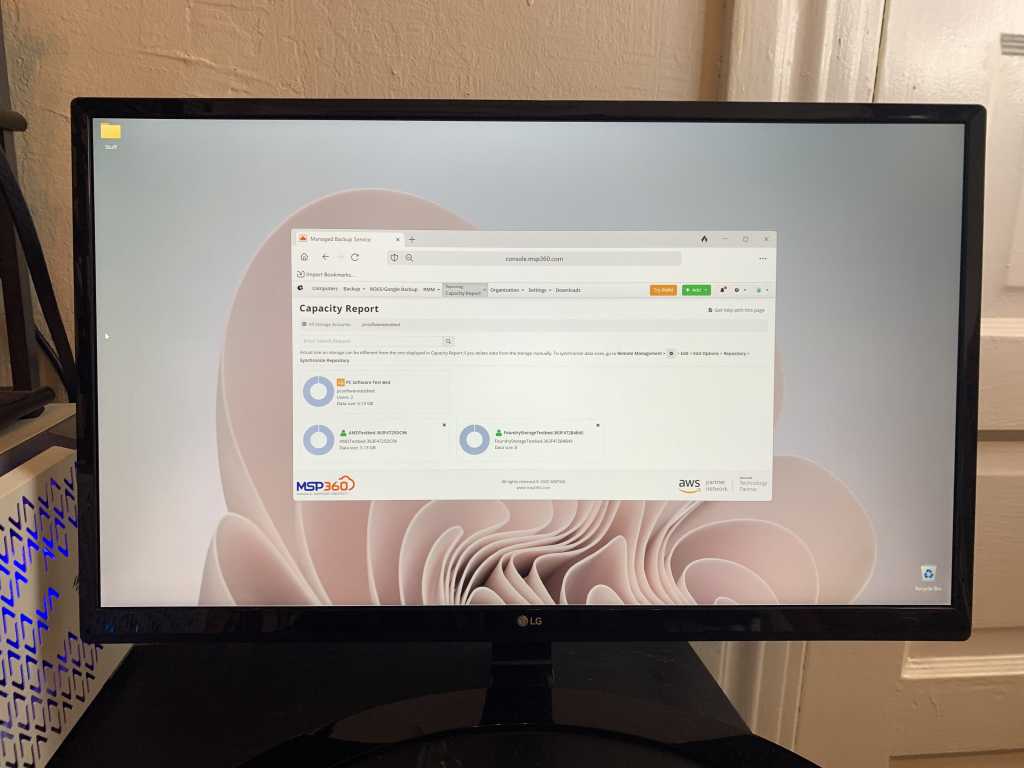VPNs have become integral to modern digital life, offering benefits from enhanced streaming access to robust privacy protection. While many understand the basic premise of a VPN, its full potential often remains untapped. This article explores three key reasons why using a VPN in 2024 is more relevant than ever.
Bypass Geo-Restrictions and Access Global Content
Traveling often means encountering frustrating content blocks on your favorite streaming platforms. Even at home, geo-restrictions can limit access to specific websites or shows. VPNs have long been a solution to this, bypassing these limitations and opening up a world of content. From accessing region-specific streaming libraries to circumventing censorship, a VPN allows you to experience the internet without borders.
However, streaming services and websites are becoming increasingly sophisticated in detecting and blocking VPN usage. To counter this, advanced VPN providers offer features like double-hop connections and obfuscated servers. These techniques mask your VPN usage, making it harder for services to identify and block your connection, ensuring uninterrupted access to global content. If you encounter blocks, trying a different server or utilizing these advanced features can often resolve the issue.
Strengthen Your Online Security and Protect Your Data
VPNs significantly enhance online security by encrypting your internet traffic. This encryption creates a secure tunnel between your device and the VPN server, shielding your data from prying eyes, including ISPs and potential hackers. This is particularly important when using public Wi-Fi, where your data is more vulnerable to interception.
While a VPN provides a strong layer of protection, it’s crucial to remember that it’s not a silver bullet. VPNs don’t offer complete immunity from online threats. They won’t prevent you from falling victim to phishing scams or malware if you click on malicious links or download unsafe files. A comprehensive security approach includes practicing safe browsing habits and using robust antivirus software alongside a VPN. Some VPN services offer additional security features like anti-malware, ad-blocking, and anti-phishing tools, further strengthening your online defenses. Choosing the right VPN package tailored to your specific security needs is essential.
Enhance Privacy and Circumvent Censorship
One of the most significant advantages of using a VPN is the increased privacy it offers. By routing your traffic through their servers, VPNs mask your IP address, making it difficult to track your online activity. A crucial aspect of VPN privacy is the provider’s logging policy. Opt for a VPN with a strict no-logs policy, ensuring that your browsing history isn’t stored and cannot be shared with third parties, even under legal pressure.
DNS and IP leaks can compromise your privacy even when using a VPN. Regularly testing for leaks using online tools like IPLeak.net and DnsLeakTest.com can help ensure your VPN is functioning correctly. If you detect leaks, contacting your VPN provider for assistance is recommended. Choosing a VPN provider headquartered in a country with strong privacy laws adds another layer of protection. This makes it harder for governments or other entities to access your data, bolstering your online privacy and freedom from censorship.
In conclusion, a VPN offers a powerful suite of tools to enhance your online experience in 2024. From accessing geo-blocked content to strengthening your online security and protecting your privacy, the benefits are undeniable. By choosing a reputable VPN provider and understanding its features, you can navigate the digital landscape with greater confidence and freedom.



